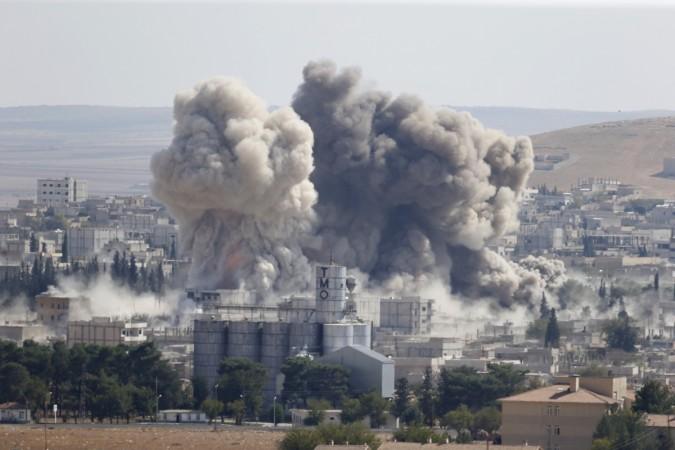
United Arab Emirates, a key Arab member of the anti-ISIS coalition led by the United States, has suspended attacks following the capture of the Jordanian pilot in December, who was later murdered by the jihadists.
They have also warned that without the deployment of Ospreys aircraft in northern Iraq, they would not rejoin the US coalition air strikes, claim US officials.
Citing fears for their pilots' safety in the case of downed planes, UAE "suspended air strikes shortly after the Jordanian pilot's plane went down," a US official said, according to The New York Times.
The official went on to add that UAE is nevertheless, still part of the coalition. "But let me be clear that UAE continues to be an important and valuable partner that is contributing to the coalition," the official revealed on the condition of anonymity.
The withdrawal has not been announced on an official capacity and the US military continued to suggest that UAE is still part of the air strike even after the withdrawal. In every daily news release about the air campaign, they stated, "Coalition nations conducting airstrikes in Syria include the U.S., Bahrain, Jordan, Saudi Arabia and the United Arab Emirates."
Meanwhile, UAE paranoid, especially after the video of Moaz al-Kassasbeh being burned to death was released, has reportedly demanded that US improve its search-and-rescue efforts.
The Emirates' pilots will not rejoin the fight until the Ospreys aircrafts, which has vertical lift off capabilities like helicopters, but fly like planes, are put in place in northern Iraq, reports Al Jazeera. They demand that the V-22 Osprey tilt-rotor aircrafts be used closer to the battleground, somewhere in northern Iraq and refrain from basing the missions in Kuwait.

















